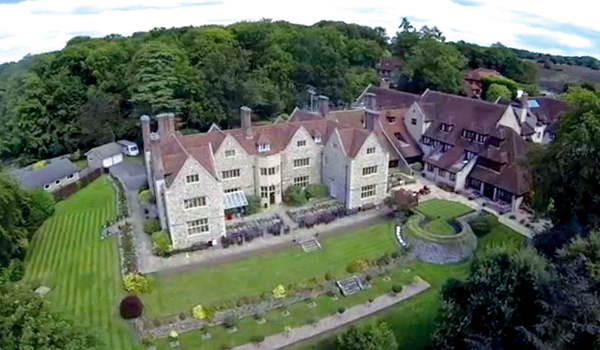Valuable evidence
Indeed, Staffordshire Constabulary has now reinstated its use of BWV having put in place processes and software that deliver a full audit trail. This includes a fingerprint of each file which ensures that, once stored, any changes or attempted changes to even a single pixel within any frame of the video will be noted. This proven record of when the video was loaded, when and where accessed, and by whom, is the key audit trail required to ensure evidential value.

Indeed, Staffordshire Constabulary has now reinstated its use of BWV having put in place processes and software that deliver a full audit trail. This includes a fingerprint of each file which ensures that, once stored, any changes or attempted changes to even a single pixel within any frame of the video will be noted. This proven record of when the video was loaded, when and where accessed, and by whom, is the key audit trail required to ensure evidential value.
With the right approach to media management, forces can ensure not only that video evidence is effectively managed but also shared securely across the criminal justice system. From the custody officer viewing the evidence to determine whether or not to detain an individual to that individuals brief wanting to assess the clients alleged crime, real time access to the recorded evidence can save huge amounts of time.
The web-based information can also be shared with other forces as required, in line with national objectives, even linked into court to remove the need for any DVD copies. With this integrated approach, video evidence can not only reduce the operational load on police officers but significantly streamline the entire criminal justice process.
Command and control role
The collection of evidence via BWV is set to become the de facto standard amongst British police forces. Indeed, it is reasonable to expect that these devices will become standard kit available to every officer. However, forces today are increasingly recognising the potential administrative nightmare associated with managing hundreds of thousands of hours of vital video evidence without the right processes or media management software.
Furthermore, the use of BWV to record evidence is just the beginning. Once the next generation of high speed, secure wireless technology is in place, the cameras will stream video in real time to command and control to support real time decision making.
Indeed, real time streaming of video has already been undertaken by a couple of forces to address a specific requirement. While current technology costs make widespread adoption prohibitive, real time video streaming will undoubtedly become a core element of police procedure, delivering key operational benefits, especially at significant policing events such as the 2012 Olympics.


